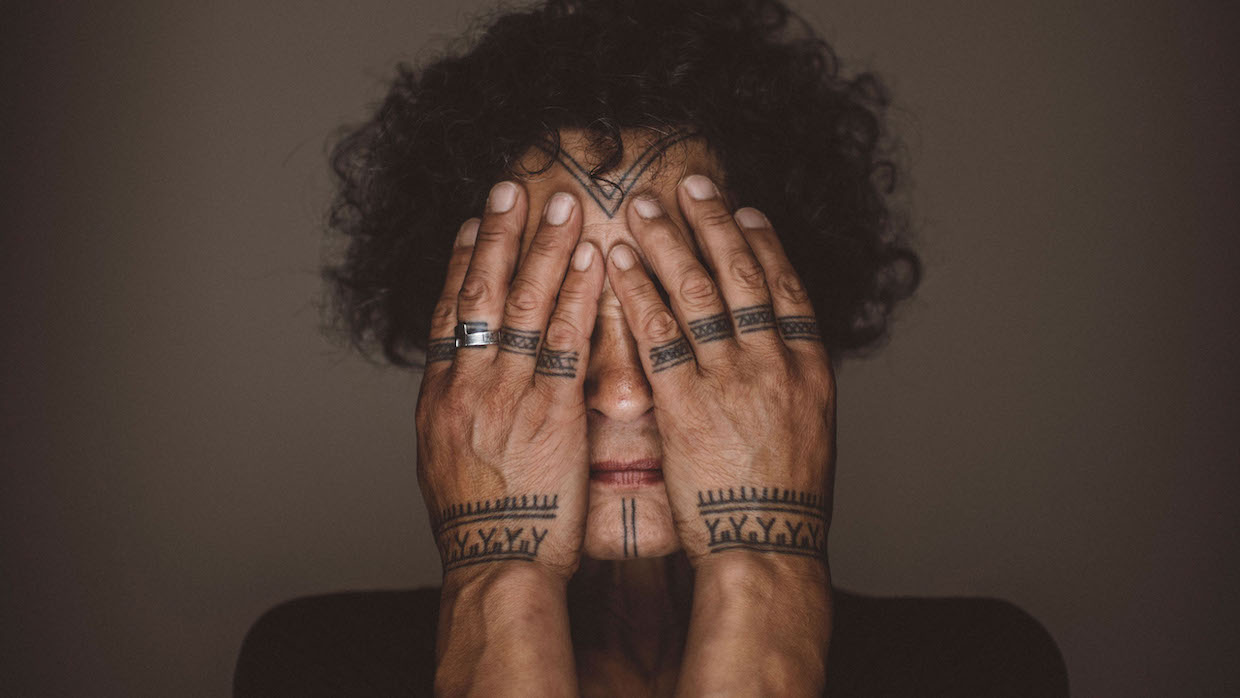 Back to selection
Back to selection
“We Opened up the Film Again and Re-imagined the Entire Scene” | Lin Alluna, Twice Colonized
 Twice Colonized, courtesy of Sundance Institute
Twice Colonized, courtesy of Sundance Institute Every production faces unexpected obstructions that require creative solutions and conceptual rethinking. What was an unforeseen obstacle, crisis, or simply unpredictable event you had to respond to, and how did this event impact or cause you to rethink your film?
We had a moving scene in the film where Aaju had a conversation with some friends who were concerned for her well-being, but it was a very private conversation. After the film was approved and locked, Aaju had second thoughts about the scene, so we opened up the film again and re-imagined the entire scene. Working with editor Mark Bukdahl, I had an ambition to make a nuanced portrait that was both political, personal and poetic, so when we looked at the structure of the film again, we realized that this part could actually benefit from some magical realism. The purpose of the scene was to express how much Aaju means to other people and how they depend on her to keep fighting for herself and others, so we came up with making it into a dream instead.
Aaju would always insist on shoots that I didn’t only film her speeches and meetings, but also her life behind the scenes, so I had some footage of her sleeping that we chose to use to create a scene where Aaju was dreaming. At this point, the composers Olivier Alary and Johannes Malfatti had composed most of the powerful music that you now hear in the film. Through the music, throat singer Celina Kalluk had become the voice of the inner journey in the film, so we asked her to record the lines in Inuktitut, which made the words and feeling even more profound.
Benoit Dame, Catherine Van Der Donckt and Martin Messier’s magic Sounddesign completely shifted the atmosphere and gave the dream an expression that I feel is far more accurate to what we wanted to express than if we’d stuck to the original vérité scene. The challenge of rethinking the scene was a gift we didn’t know we needed, but it ultimately improved the film.
